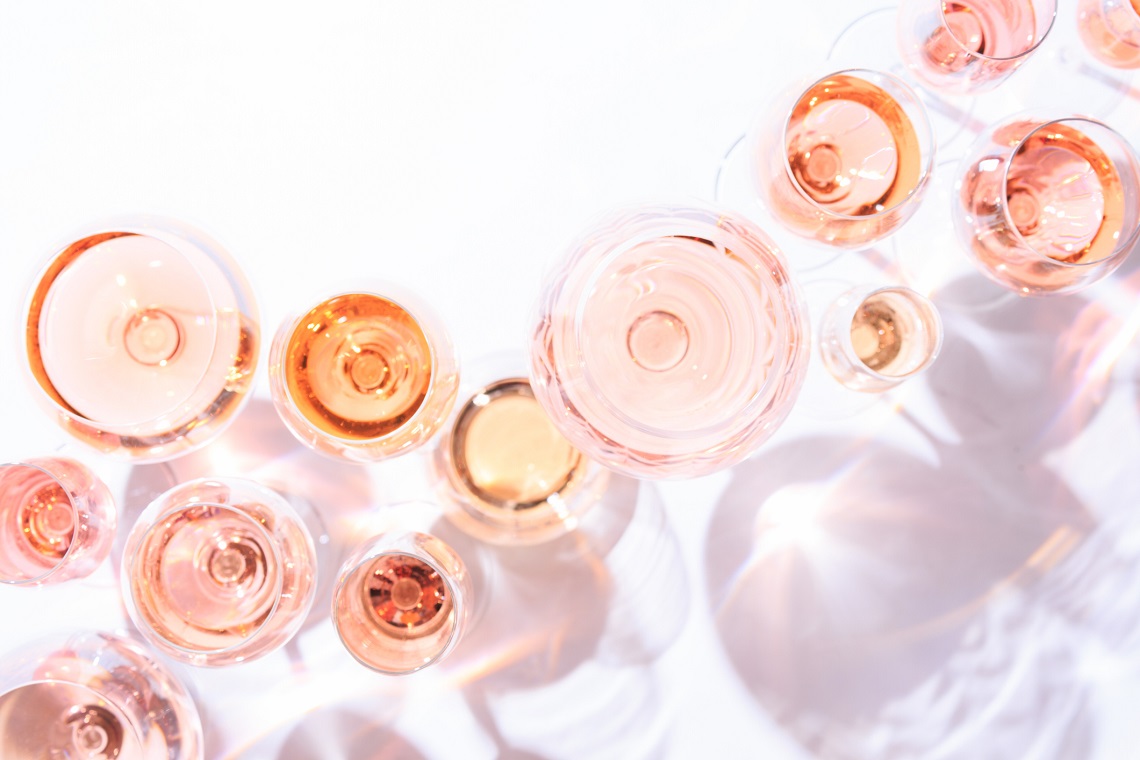Two of the key trends in the Australian wine market in recent years have been the rise of rosé and the increased value of sustainability.
Shoppers are more than ever interested in the backstory of the products they buy – whether that be the provenance, the winemaking style, or the sustainable practice. As a recent insights analysis from McKinsey & Company noted, consumers are increasingly making purchase decisions that align with their personal values, and generally being more mindful when choosing products.
The rising popularity in the sustainable movement is something that Vranken-Pommery sees continuing in earnest in the Australian market, ultimately leading to consumers being more educated about the wine styles they buy and seeking out qualities based on this.
Inge Fransen, CEO of Vranken-Pommery Australia, said the events of 2020 have sharpened these beliefs and the influence of them.
“The crisis we have lived through in 2020 and which is not behind us yet has caused many moments of self-reflection and reflection about the world we live in,” Fransen told National Liquor News.
“There is no doubt that going forward consumers will be more selective and make well thought-through decisions when buying, regardless of the product. We all want to live well, safe and provide care for the future and our next generations.”
The power of the mindful consumer is also predicted to drive the continued elevated performance of already booming trends, such as rosé.
“The Australian rosé market has known extraordinary growth over the last decade and based on all indicators this is a trend which will continue for a long time. Looking at the US, I believe the Australian consumer has a similar appetite for rosé wines that are blush and dry but flavourful,” Fransen said.
“As the market matures and consumers learn more about the different rosé producing regions, they will become more selective and look for better quality from producers who are contributing to a better world.”
Vranken-Pommery believes that its portfolio of rosé is well poised to meet this kind of demand from consumers, given that a common goal across the entire range of wines under the company is a consistent commitment to quality and sustainability.
“The Vranken-Pommery portfolio which comprises wines from various European territories such as Champagne, Provence, Camargue, the Douro and not to forget quite recently the South of England as well, has one common denominator which is quality – and producing with passion and care of the land,” Fransen said.
“Sustainable viticulture being a core value of the Group allows for retailers to offer the consumer what they are looking for today.”
This core value comes from the President and Founder of the group, Paul-Francois Vranken, who is quoted to have said: “We cannot simply admire nature, we have to work hard to conserve and enhance it. We need to pay respect to our planet and the future generations.”
Such focus on this area has seen the company become one of the first winegrowers to be awarded both ‘High Environmental Value’ and ‘Sustainable Viticulture Award’ in Champagne in 2014, and begin a complete conversion to organic viticulture in Champagne, a process that will take three years.
Meanwhile in the South of France, which is the home to the group’s Château La Gordonne and Domaine de Jarras, Fransen said progress has continually been made on the sustainable front.
“Today, of the almost 2,000 hectares of vines in Camargue and Provence – 1,070 hectares are certified as Organic Viticulture or in conversion (908 hectares). By the 2023 100 per cent of the harvest will be organic,” she said.
It’s both of these properties that offer a range of rosé wines that Vranken-Pommery intends to meet continued demand in the Australian market. For example, there’s the La Chapelle Gordonne rosé, the quintessential winemaking expression of Château La Gordonne; the Château La Gordonne Vérite du Terroir rosé, a core part of the range that encapsulates the region’s spirit; and the Summertime by La Gordonne rosé, the most recent addition.
Fransen noted that the range is: “suitable for various price categories and consumer requirements. The labels are attractive and Vranken-Pommery was amongst the first to bring a shaped bottle to the market creating a point of difference on the shelves.”

